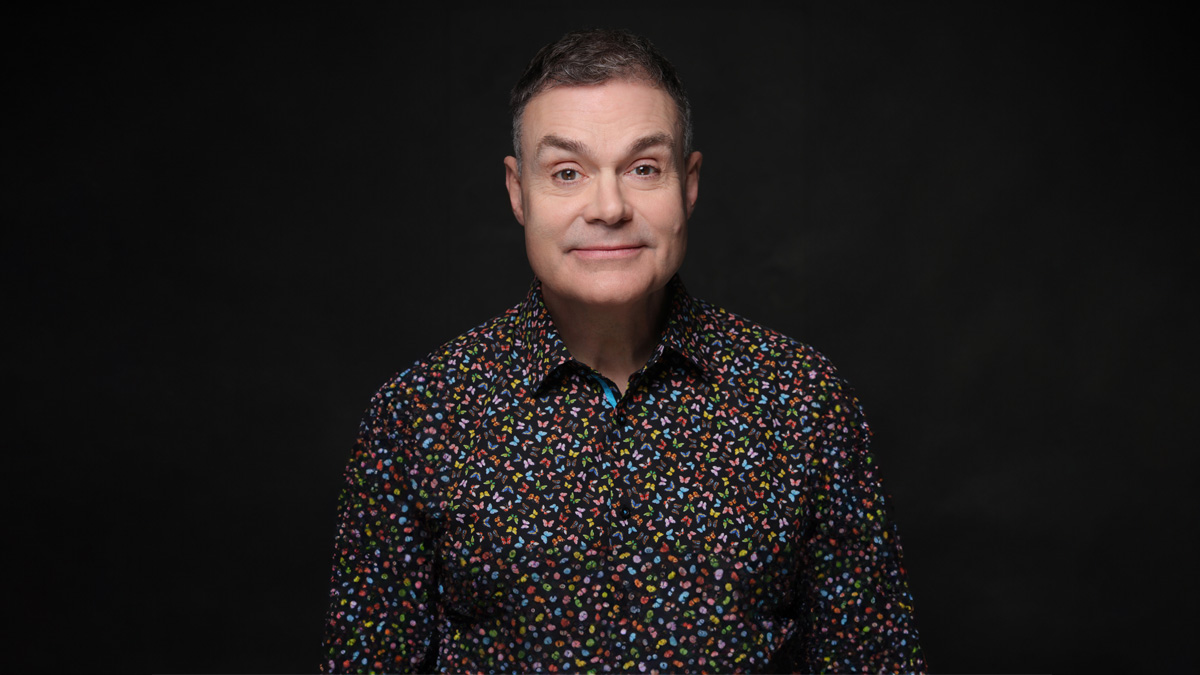
Being a leader is a constantly evolving role. Not only do leaders have to adapt to the business they are in and the people they are responsible for, but take onboard a plethora of outside factors, too.
The reality is that because of this uncertainty and shifting landscape, many people can get stuck in a particular way of leading – the only “known” in the “known unknowns” out there. Amy Walters Cohen wants to shake you out of your inertia.
Her book Ruthlessly Caring: And other paradoxical mindsets leaders need to be future-fit won the 2024 Business Book of the Year award. With a decade of experience working in applied psychology, Walters Cohen has led an array of research projects and generated fresh insight into topic areas such as the future of leadership, 21st-century career development and organisational culture change.
Having worked as head of research within EY, Walters Cohen has witnessed first-hand how the themes raised in the book resonated with senior leaders in different sectors across the globe. She spent two years researching the book, which focuses on how difficult it is to be a senior leader in any sector in the modern age.
With political volatility, the rise of AI, the climate crisis and social media, a leader’s role now has to encompass much more than ever before. Out of Walters Cohen’s research, practical top tips, metaphors, stories and first-hand 'leader-to-leader' accounts is a framework to deal with this.
What Walters Cohen argues in the book is that embracing a paradoxical approach and mindset is the way to fundamentally shake up modern leadership.
She says that these mindsets are categorised as:
- Ruthlessly caring
- Ambitiously appreciative
- Politically virtuous
- Confidently humble
- Responsibly daring
Let’s look at the first one on the list, which Walters Cohen describes the behaviours of: “Ruthlessly caring leaders are performance focused and driven to achieve results; they are challenging and willing to make decisions that have a tough human impact. They also deeply care about people, always show compassion, treat others with respect, are highly supportive, provide the feedback people need (but may not want) to hear, and never shy away from the tough emotional conversations.”
The nature of this paradoxical mindset means that you apply both sides in equal measure notes Walters Cohen. Failure to do this will leave your team wondering which version of you they can expect to speak to on any given day: “It’s not something you dial up and dial down depending on the situation. You need to do both ‘and’ in every situation.”
The ‘and’ in the case of ruthlessly caring – and therefore the two sides of the paradox – are: ‘I make the tough decisions necessary to drive results and remain compassionate no matter what.’
It’s something that resonates with her own personality: “One of the challenges that I face is people-pleasing, which goes into the ruthlessly caring mindset. Being over-worried about what people think, always aiming to be indispensable and help people. This will trap you out and will impact your performance and that of your team.”
Shaking up your thinking, much like Walters Cohen’s book, should not be “inhaled” or rushed. You don’t want to jump in with both feet – you want to commit to it. One of the ways Walters Cohen suggests doing this is by getting a coach: “Some of this stuff might be quite hard to really reflect on because it's very deep, on a values and identity level.”
She is clear about making a distinction between mindset, identity and leader identity:
Mindset: the set of beliefs, attitudes, and values that guide your actions; how you think, feel, and behave in any given situation
Identity: your understanding of who you are.
Leader identity: the subcomponent of one's identity that relates to being a leader or how one thinks of oneself as a leader.
Much like the phenomenon of looking at old pictures of yourself and wondering why you chose that hairstyle or outfit, your identity and thinking evolve over time. Zeroing in on specific areas to evolve using a resource such as Walters Cohen’s book and/or a coach can help focus that development. She says: “Evolve your approach to incorporate aspects that might be a bit hard to embrace or outside your comfort zone. These might not sit quite right with your values or how you like to operate. It does require some real honest reflection.”
Having a coach hold up a mirror to your attitudes and behaviour provides time to reflect on your actions and see those personality blind spots that may be holding your organisation or team back. But this can be achieved with some honest reflection on your own too.
“How you think you are perceived might not always be how your team perceives you,” says Walters Cohen. “So, get familiar with each of these mindsets, maybe zoning in on one that resonates more with you or that you think is more of a challenge. You can then observe leaders around you, who do those mindset elements really well and then observe them closely. How do they approach their leadership? How do they make decisions? How do they behave day to day? What is it that they're doing that you could emulate?”
This shake-up also involves understanding how your actions affect your team and those around you. One example from the ambitiously appreciative mindset is pacesetting. “These are leaders who are driving a sheer pace of work that is unsustainable. They offer disclaimers like, ‘I'm sending these emails this late at night, but I don't expect other people to’. But they are driving a pace of work that forces everyone else to keep up,” she says. “You can't just put a disclaimer on your behaviour. You've got to role model what it is you think people should be doing and how they should be acting.”
Walters Cohen points out that the book was written to enable leaders to be future-fit and not future-proof. Semantics? She believes not. “You hear a lot of organisations and leaders saying, ‘What can we do to future-proof our organisation?’ But future-proofing really is something that you should do to your garden shed. You install something so it's fixed, so it's durable against the elements,” she says.
“It's almost having that mindset that you're protected against the future, which is the opposite of what you need leaders to be doing in the way they need to be thinking about it. You don't want to be fixed and durable and protected against the future. You need to have the right skills and the right mindset to adapt to it. To be able to adapt and change your approach and be flexible and perform on multiple fronts.”
The fact that you’re reflecting on needing to shake up your thinking is a great start. Leadership isn't about having all the answers or being perfect – it's about evolving; a journey. Start small, focus intentionally and lead boldly.
Related and recommended

Neil Mullarkey is an improvisational comedian who has a few tricks to teach the world of business

Hubert Viriot explains his approach to using technology in the hospitality industry

The advertising veteran believes that leaders need to listen to those around them to set the right course for the business
Burnout is a serious problem for many leaders, but if you can spot the signs, you can stop it – and recover

